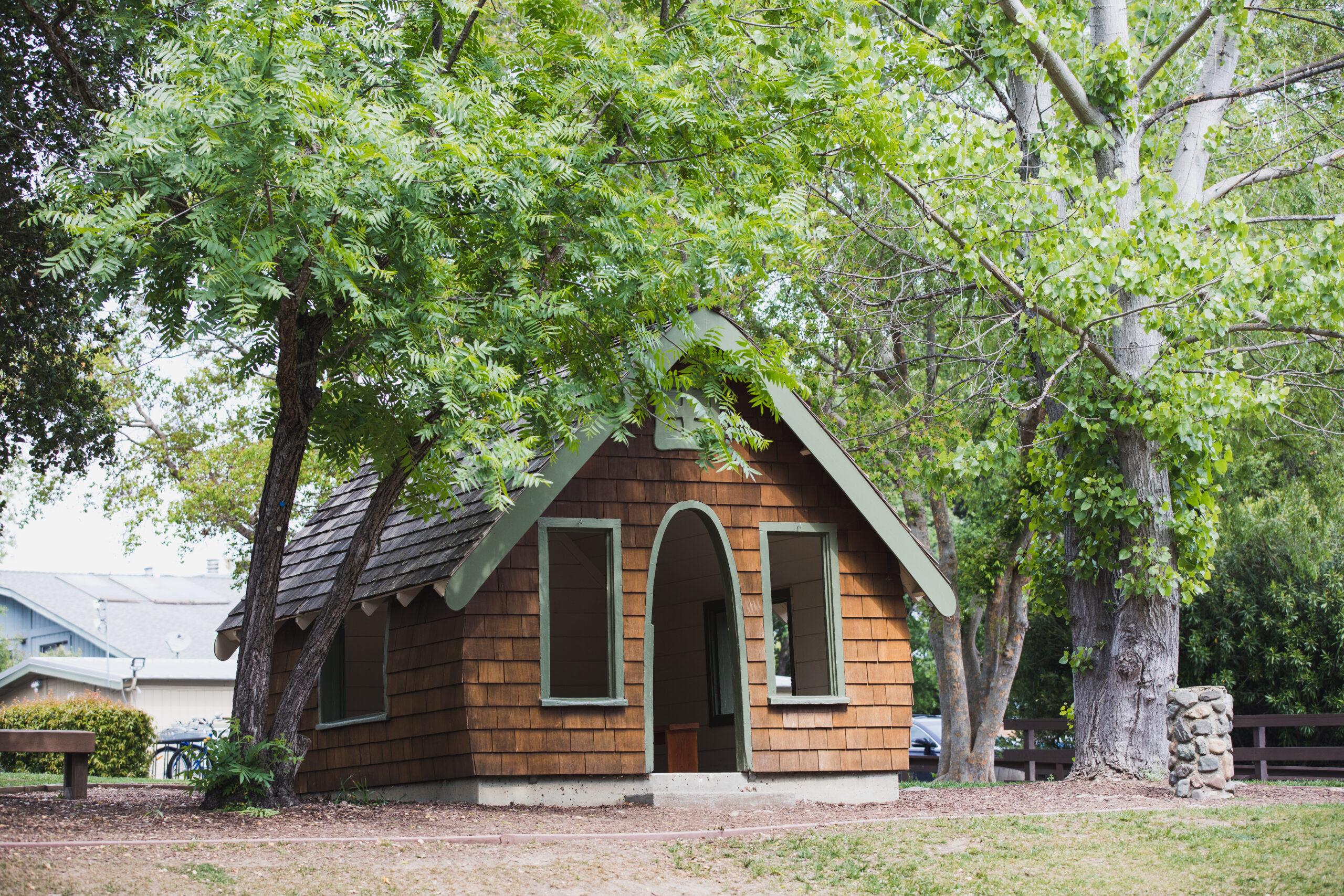As a school, we are deeply committed to professional development, to creating a culture that intentionally and thoughtfully encourages and nurtures lifelong learning among adults. From our longstanding commitment to summer Faculty Fellowships to our recently created Center for Teaching Excellence and its Resident Teacher Program, examples abound of how we support our talented teachers in ways that help them continually grow and evolve as educators and people.
A key component of these efforts is to carve out time and space for individuals to reflect, explore new ideas, and consider ways in which they can continue to grow their own practice. During the past few years, we have increasingly sought ways to structure these opportunities so that they are connected to the broader work we are doing through Vision 2015, while also retaining enough serendipity that new, spontaneous, and innovative ideas emerge.
Recent faculty fellowships provide powerful examples of how our faculty embrace the opportunity to dive deeply into significant work. During the last few summers, for example, we have sent Lower School homeroom teachers to Teacher’s College Columbia University to participate in the Reading and Writing Workshop, allowing us to fully integrate this new approach across the Lower School. Two summers ago we sent a group of seven teachers and administrators to Georgetown Day School to participate in their Equity Collaborative, a week-long workshop that provided the foundation for last year’s Inclusivity Audit. As another example, music teacher Elisabeth Crabtree has had opportunities over the last four years to attend two different, intensive workshops that have directly impacted her work with our students. Three years ago, she attended the International Orff Symposium and Summer Orff course at the Orff Institute in Salzburg, Austria, while last summer she attended a three-week program in the Kodaly method at Loyola University in Baltimore. Intensively studying these two different philosophies has deepened her expertise as both a musician and educator, and has allowed her to enhance our already impressive program.
One of the products of our growing and very public commitment to being a school that prioritizes professional development is an increasing engagement and leadership among our faculty in regional, national and even international conversations about education. As noted in last week’s school-wide news, 5th/6th science teacher Christa Flores recently published an article, “Self-Directed Learning,” in the online version of Independent School Magazine. Last summer, Director of Technology & Strategic Initiatives Don Orth published an article, “The Strategy for Digital Citizenship,” in the Summer 2013 printed issue of Independent School Magazine.
A growing number of our faculty are presenting at conferences. In addition to Christa and Don, who have presented at a number of different conferences, Middle School Technology Coach Shushan Sadjadi presented on iPad integration at the iPad Summit in Boston, and Lower School Technology Coach Kelly Scholten has presented on digital citizenship at the Computer Using Educators Conference in Napa and will be presenting on elementary school iPad integration at an upcoming conference in February. Third grade teacher Elizabeth Wright recently gave a presentation, “Establishing a Culture for Productive Math Learning,” at the California Mathematics Council’s Northern California Conference, and on January 25th, Kindergarten teacher Dorian Okano will be leading a workshop about changemakers for a group of 2nd and 3rd graders at the People of Color in Independent Schools annual Lower School Conference at the Berkeley School.
Increasingly, people know Hillbrook and want to learn with and from us. Last summer we organized iPad 2.0, a conference that brought together more than 80 educators from around the country. This summer we will be hosting the conference at the Asilomar Conference Grounds in Pacific Grove, with the hope of attracting 150 educators to join us in this exciting conversation. In addition, we are in the early stages of co-sponsoring a Learning Spaces Summit in San Francisco next October.
With all of this as a backdrop, I am personally grateful for the opportunity I will have in a few weeks to participate in the Klingenstein Center for Independent School Leadership’s 2014 Heads of Schools program. As Board Chair Chuck Hammers explains in more detail in a separate article below, I was fortunate enough to receive a fully-funded fellowship to join twenty other Heads of School from around the world in a focused two-week program that will offer me an opportunity to reflect upon my practice as a school leader and examine educational issues and policies facing independent schools today. As part of the program, I will be exploring the educational literature around learning spaces, a perfect opportunity for me to deepen my understanding of this topic that has so captured the imagination of the Hillbrook faculty.
We are a community of passionate, inquisitive learners. We recognize the value in engaging in important conversations with other educators, knowing that through our own learning we will be better positioned to provide an extraordinary educational program for our students.
